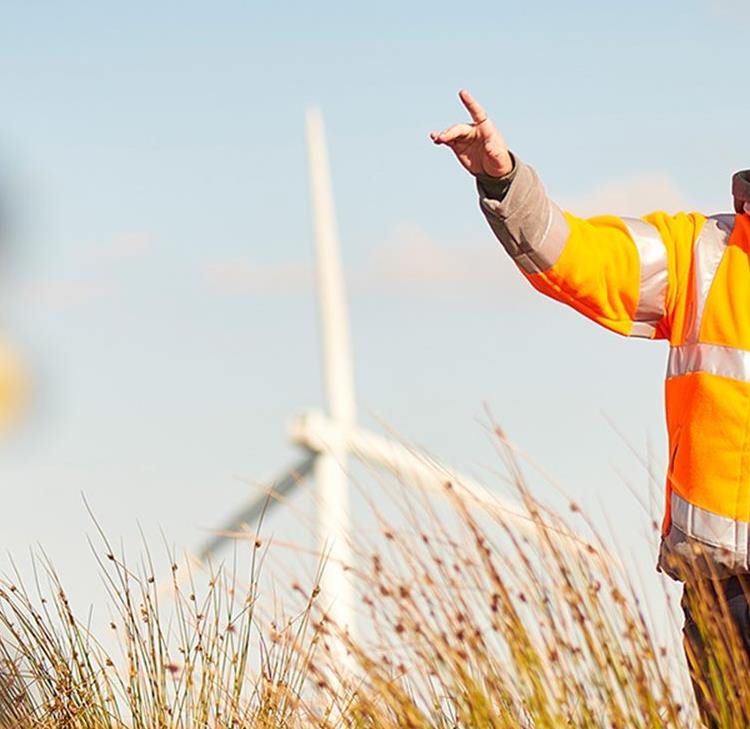The Infrastructure (Wales) Bill was laid in the Senedd on 12 June 2023. The Bill reforms how infrastructure is consented in Wales. It establishes Infrastructure Consent, a unified process for specific types of significant infrastructure projects. Significant infrastructure projects include energy, transport, waste, water and gas projects both on land and within the Welsh marine area.
Infrastructure Consent is set to replace existing statutory regimes, namely the current Developments of National Significance (DNS) regime, and streamline the process, meaning the number or authorisations needed to construct and operate a significant infrastructure project will be reduced to one single consent. In theory, this should make it easier for significant infrastructure projects to gain the necessary approvals and get out of the ground (or sea).
Minister for Climate Change, Julie James, on introducing the Bill, stated how the Bill is an important step towards the Welsh Government’s 2050 ‘net zero’ emissions target. In addition, the Minister stated the displeasure with the current system. The Wales Act 2017 devolved further legislative and executive responsibility, but these legacy consenting processes, placed by the UK Government, are no longer fit for purpose. There is clear movement towards seeing investment and growth in Wales and a simpler system for consent will encourage this.
It is important to note, however, that the UK Government reserves consent for certain significant infrastructure projects, above the existing devolved thresholds. The Bill proposes to combine the positives from Wales’ DNS regime and the UK Government’s National Significant Infrastructure Projects (NSIPs) regime.
On streamlining the process, the Welsh Government estimates the new process will reduce costs for developers, local planning authorities, statutory consultees and for the Welsh Government itself.
The Bill follows a 2018 consultation, during which most respondents agreed with the principle of a unified consenting process. They key takeaways from this consultation were that any changes to process must ensure flexibility, a stronger role for communities, ease of use and reduced costs. Initial reporting suggests that the Bill is welcomed by many.
Senedd Members discussed their first thoughts on the Bill on 13 June 2023 and it has since been considered by the Climate Change, Environment and Infrastructure Committee and the Finance Committee. Further consideration will take place in the autumn, including by the Legislation, Justice and Constitution Committee.
The Bill is structured as follows:
- Part 1 defines significant infrastructure projects by listing types and related qualifying thresholds and criteria. There is possibility for further consultation in this area.
- Part 2 creates the requirement to obtain Infrastructure Consent for development which is or forms part of a significant infrastructure project.
- Part 3 establishes the process for applying for Infrastructure Consent.
- Part 4 establishes the process for examining applications for Infrastructure Consent.
- Part 5 contains provisions for deciding applications.
- Part 6 contains provisions relating to Infrastructure Consent Orders. This will be a statutory order, similar to the current Development Consent Order required for NSIPs. Compulsory purchase powers may be sought as part of the Order, something that the current DNS regime does not allow for.
- Part 7 deals with enforcement of Infrastructure Consent Orders.
- Part 8 provides for supplementary functions to enable this new system to operate.
- Part 9 contains general provisions.
- Schedule 1 sets out the ancillary provisions that can be made by an Infrastructure Consent Order.
- Schedule 2 deals with compensation for changing or revoking an Infrastructure Consent Order.
- Schedule 3 sets out consequential amendments and repeals.
The Bill will be supported by secondary legislation (yet to be drafted) and we expect to see transitional arrangements between the current DNS regime and this new Infrastructure Consent regime, to ensure a swift transition between the two.
This is an important Bill to follow as it makes its way through the Senedd and we will be watching closely to see how it progresses.










































